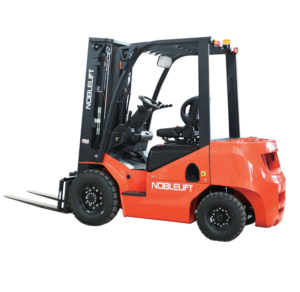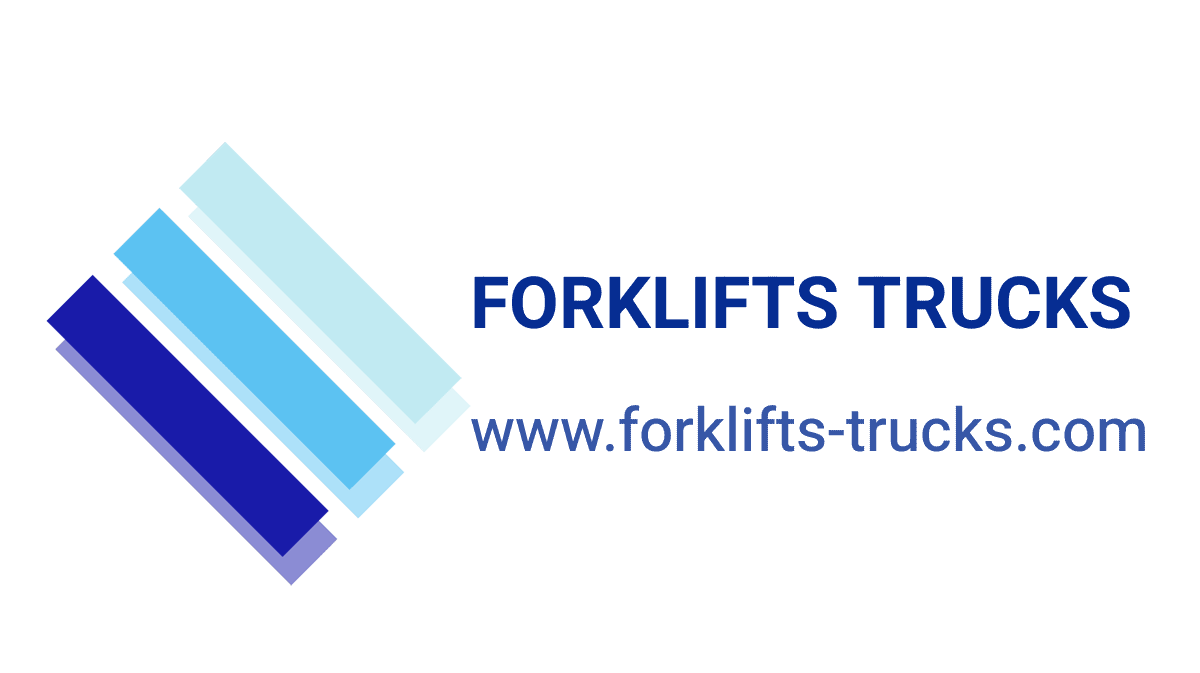Sure, here are some of the key features and benefits of electric forklifts:
1. Environmental Friendliness:
– Electric forklifts produce zero direct emissions, making them a more environmentally-friendly option compared to their internal combustion counterparts.
– They contribute to reduced carbon footprint and improved indoor air quality in warehouses and facilities.
2. Reduced Operating Costs:
– Electricity is generally more cost-effective than gasoline or diesel fuel, leading to lower fuel/energy costs for operating electric forklifts.
– Maintenance costs are also typically lower, as electric forklifts have fewer moving parts and don’t require oil changes, spark plugs, etc.
3. Quiet Operation:
– Electric forklifts generate significantly less noise than internal combustion forklifts, creating a more comfortable work environment.
– This can be especially beneficial in indoor settings where noise levels need to be minimized.
4. Improved Productivity:
– The instant torque provided by electric motors allows for more responsive and precise control of the forklift.
– This can lead to faster load handling and increased productivity in warehouse and logistics operations.
5. Ergonomic Design:
– Many electric forklifts feature ergonomic designs, such as adjustable seats and controls, to improve operator comfort and reduce fatigue during long shifts.
6. Longer Run Times:
– Advancements in battery technology have resulted in electric forklifts with longer run times between charges.
– This can reduce the need for battery swaps or lengthy recharging periods, improving operational efficiency.
7. Reduced Maintenance:
– Electric forklifts have fewer moving parts and fluids, resulting in reduced maintenance requirements compared to internal combustion models.
– This can lead to lower maintenance costs and less downtime for servicing.
8. Improved Safety:
– The smooth, quiet operation of electric forklifts can enhance safety, as operators can more easily hear and detect their surroundings.
– Many electric models also feature advanced safety technologies, such as regenerative braking and stability control systems.
These are some of the key features and benefits that make electric forklifts sale a popular choice for many material handling and logistics operations. The environmental, cost-saving, and productivity advantages are driving increased adoption of these efficient and versatile machines.
Okay, let’s discuss internal combustion forklifts:
Internal Combustion Forklifts
– Forklifts powered by internal combustion (IC) engines, as opposed to electric motors
– Commonly use gasoline, diesel, or liquefied petroleum gas (LPG) as the fuel source
– Provide a durable, high-performance option for heavy-duty material handling
Key Features of Internal Combustion Forklifts:
– Engine types include gasoline, diesel, or LPG (propane)
– Able to handle heavier loads and operate for longer durations
– Provide greater power and torque compared to electric forklifts
– Suitable for outdoor use and rough terrain applications
– Can operate continuously without the need for recharging
– Robust construction and higher weight capacity
Advantages of Internal Combustion Forklifts:
– Powerful performance for moving heavy or bulky loads
– Longer run times between refueling/recharging
– Ability to operate in more demanding environments
– Faster travel speeds and acceleration
– Potentially lower overall operating costs in some applications
Disadvantages of Internal Combustion Forklifts:
– Produce emissions and noise, requiring ventilation
– Require more maintenance compared to electric models
– Fuel costs can fluctuate more than electricity prices
– May be less suitable for indoor use due to emissions
Common Applications for Internal Combustion Forklifts:
– Warehousing and distribution centers
– Construction sites and outdoor job sites
– Manufacturing and industrial facilities
– Lumber yards, quarries, and other heavy industries
– Agriculture and farming operations
Considerations for Choosing IC vs. Electric Forklifts:
– Nature of the work environment (indoor vs. outdoor)
– Weight and size of loads being handled
– Frequency and duration of use
– Availability and cost of fuel sources
– Facility infrastructure and access to power
– Maintenance resources and capabilities
Internal combustion forklifts remain an important option for businesses that require the power, runtime, and performance capabilities they provide, especially in demanding material handling applications.


-
- Electric forklifts, Forklift
- electric forklift FE4P30-38GY/GY2 Materials Handling
- 3000 3500 KG GY Series Lithium-iron Forklift, permanent maget model
-
- Electric forklifts, Forklift
- electric forlift FE3D 16 18 20C Materials Handling (1600/1800/2000KG)
- rated load:1600 1800 2000kg lifting height:2500mm-7000mm 3wheel Li-iron electric forklift
-
- Electric forklifts, Forklift
- electric forlift FE3D 16 18 20N Materials Handling (3200/3500/3800kg)
- Rated load:3200/3500/3800kg lift height:118mm Three-fulcrum front wheel drive counterbalanced forklift
-
- Electric forklifts, Forklift
- electric forlift FE3R08 12N Materials Handling
- 800/1000/1200kg N Series 3 Wheel Electric Forklift
-
- Electric forklifts, Forklift
- electric forlift FE4P25 28 30 35Q Materials Handling(2500/2800/3000/3500KG)
- 2500/2800/3000/3500KG four wheel Li-iron eletric forklift Q Series Lithium Forklift
-
- Electric forklifts, Forklift
- FE3R12-15E floor electric forklift battery counterbalanced (load:1.2t-1.5t) cncn
- Design & Performance: RATED LAOD:1850KG-2400KG LIFTING HEIGHT:3000MM - Reach mechanism allows the forks to extend forward to access pallets deep in racking - Compact chassis and steering design for excellent maneuverability in tight spaces - Powerful electric motor and durable battery pack for reliable performance - Pneumatic tires provide stability and traction on various indoor surfaces
-
- Electric forklifts, Forklift
- FE4P16-20QC d Electric Forklift Counterbalance (load:1300-2000kg ) cncn
- rated load:1600/2000KG lift height:3000mm 4 wheel electric forklift
-
- Electric forklifts, Forklift
- FE4P40-50Q lead-acid/lithium battery (load:4000/4500/5000kg)
- Innovative solutions, now with new power rated load:4000/4500/5000kg lifting height:3000mm Four-fulcrum counterbalanced forklift Ergonomic design High-performance lithium/lead-acid batteries are optional Easy maintenance Robust and reliable design Rated load: 4000-5000 kg FE4P40-50Q electric counterweight forklift, is a very cost-effective electric counterweight forklift, driving space, comfortable experience, vehicle load 4-5 tons. Standard lithium iron phosphate power battery, fast charge,…









